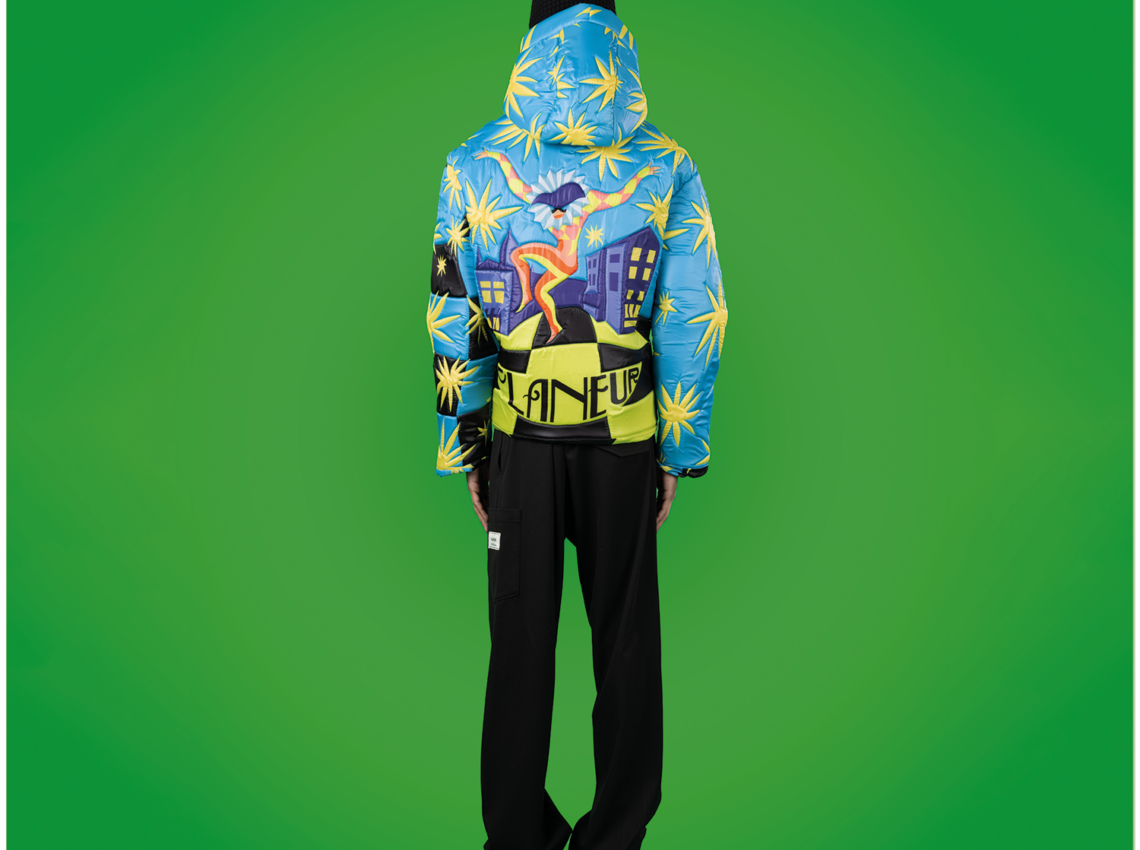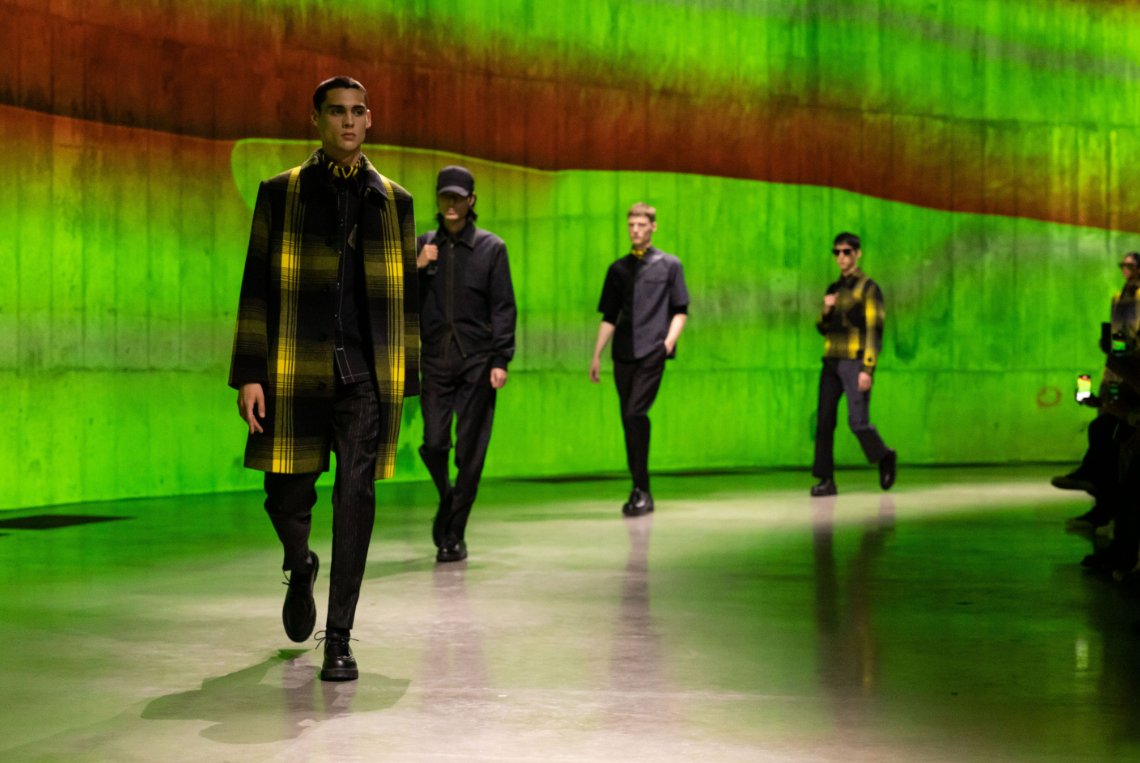The Changing Definition Of Artist Management & Development

Photography via eurweb
The overall make-up and state of music feel to be in a transitional period – with the general direction of sound and creative direction still struggling for an overall consensus. We are however now in an era that champions independence, with the platforming of artists now possible via mediums such as Tiktok, YouTube, Soundcloud, and Instagram to name a few. This has created a legitimate pathway towards both underground artistry and even in some cases, stardom. The need for labels, their adjoining extended teams, and general management has decreased in the last decade, but this begs the question as to whether this has come at a benefit or detriment of the next generation of stars.
Artist Management was a title synonymous with every up-and-coming artist before the 2010s, where teams would be created or individual guidance was sought from a former artist or general “OG” of the music industry, to help fill the informational void created by understandable early ignorance.
Photography via centralsauce
Devyne Stephens (who worked as an artist developer to support Jay-Z, P Diddy, Usher, Mary J Blige, TLC, OutKast, etc) speaks on this and how he helped with Jay-Z’s timing, what to say in the silent areas of tracks, and how to set up a record alongside minor cadence adjustments. Invaluable expertise such as this helped to catapult Jay-Z into the artist he eventually ended up becoming, and also cemented a legacy other artists would later speak to in their development.
Photography via YouTube
J-Cole, in an interview with hardknocktv, speaks to this as he references the simplification of the lyrics used by Jay-Z in “PSA (Interlude)” as well as “Can’t Tell Me Nothing” by Kanye West as a turning point for him in understanding how to create music for mass consumption. This style of development is the new trope for artists, but this requires a pure interest in the development of your own craft, which can’t be said to be present for all modern artists.
The reduction in barriers to entry into the music field has subconsciously reduced the importance of key principles within artistry, as an increasingly algorithm led industry is creating a space where the interest in full songs is reduced in favor of snippets, where music production’s viral potential trumps an artists pathway, and where singles are being heavily encouraged over more thought out bodies of work. The singles drive follows a similar pattern seen in the 80s where in a hunt for one-hit wonders, artists were recycled and discarded in a frantic search by labels to return high profits on limited expenses.
Photography via lollapalooza
The freedom of music’s current climate has however allowed artists to navigate the industry on their own terms, and move away from the lack of autonomy previous generations suffered. From the innovative deployment of Cat Burns’ music to the random use of visuals by JVKE to showcase his talents – TikTok, in particular, has seen stars born in a heartbeat, and develop sustained careers based on understanding audiences and in turn how to market their sound to them. Pink Pantheress is another star from the Tiktok era and she stated that she uses the platform as a focus group for the music she’s working on to improve herself – this developing on previous staples which creates consistent fan engagement alongside a longing for an artists music due to the teasing of new ideas.
Free from the constraints of label advisors which have derailed careers such as ZAYN and Tinashe, artists are also able to exercise whatever peaks their creative interests, and this has led to an almost overwhelming degree of music in this current time. Sophisticated presentations of work are still present, this is seen in the detailed rollouts of Tyler, The Creator, and Janelle Monae’s projects as well as UK’s very own Ants Live showcasing the importance of visuals to allow music to feel multidimensional.
The shift in artist development’s meaning was an almost inevitable occurrence given the digital boom and the Gen-Z era we exist in. Core elements such as song-writing, cadence, live performing and brand marketing amongst others will always be important regardless of era – and artists such as FLO are highlighting that even amongst these times, old routines such as singing while exercising can still be used to refine your artistry. The ultimate impetus to push creative boundaries and move the needle within music has overwhelmingly shifted to the artists in modern times, and the continued development of this depends on the ability of current artists to modernize past principles.




![ZINO VINCI’S ‘FILTHY & DISGUSTING’EP BRINGS YOU TO THE CORE OF THE ARTIST [@ZinoVinci]](https://guap.co/wp-content/uploads/2023/10/Zino-4.jpg)




